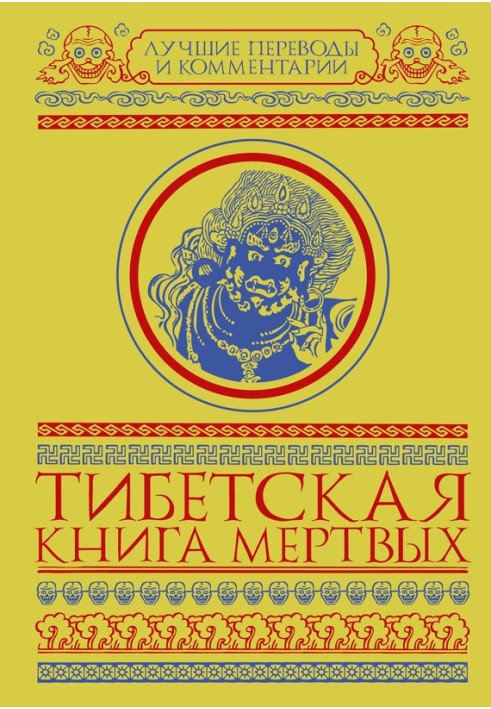Tibetan Book of the Dead
 Instant download
Instant download
after payment (24/7)
 Wide range of formats
Wide range of formats
(for all gadgets)
 Full book
Full book
(including for Apple and Android)
The “Tibetan Book of the Dead” in European culture defines the sacred book of Buddhism “Bardo Thodol”. This text is a traditional (Buddhist) view of the other world. It is noteworthy that this view is outside the concepts of death, especially dying as a process of earthly life. Buddhism, in principle, is alien to concepts - it is not a religion, in the understanding of European monotheism, Buddha, in the sense of the absolute, has no relation to God, and yet his nature is divine, for Buddha stepped over time as a concept, without having the desire to do so. Time is like a river, and Buddha is like the middle of flowing water. It is in this place, in the middle, that the river stands. “The Tibetan Book of the Dead” as a concept had a significant influence on the formation of the scientific views of Carl G. Jung, the theory of psychoanalysis and all of modern psychology. The body of texts of the book includes the study of Tibetologist Glen Mullin “Death and Dying in the Tibetan Tradition”, which is an experience in understanding Tibetan ideas about mortem, which, of course, decorates this collection of texts.
Data sheet
- Name of the Author
- Глен Мулин
- Language
- Russian
- Translator
- Андрей Иванович Боченков
Олег Владимирович Альбедиль













